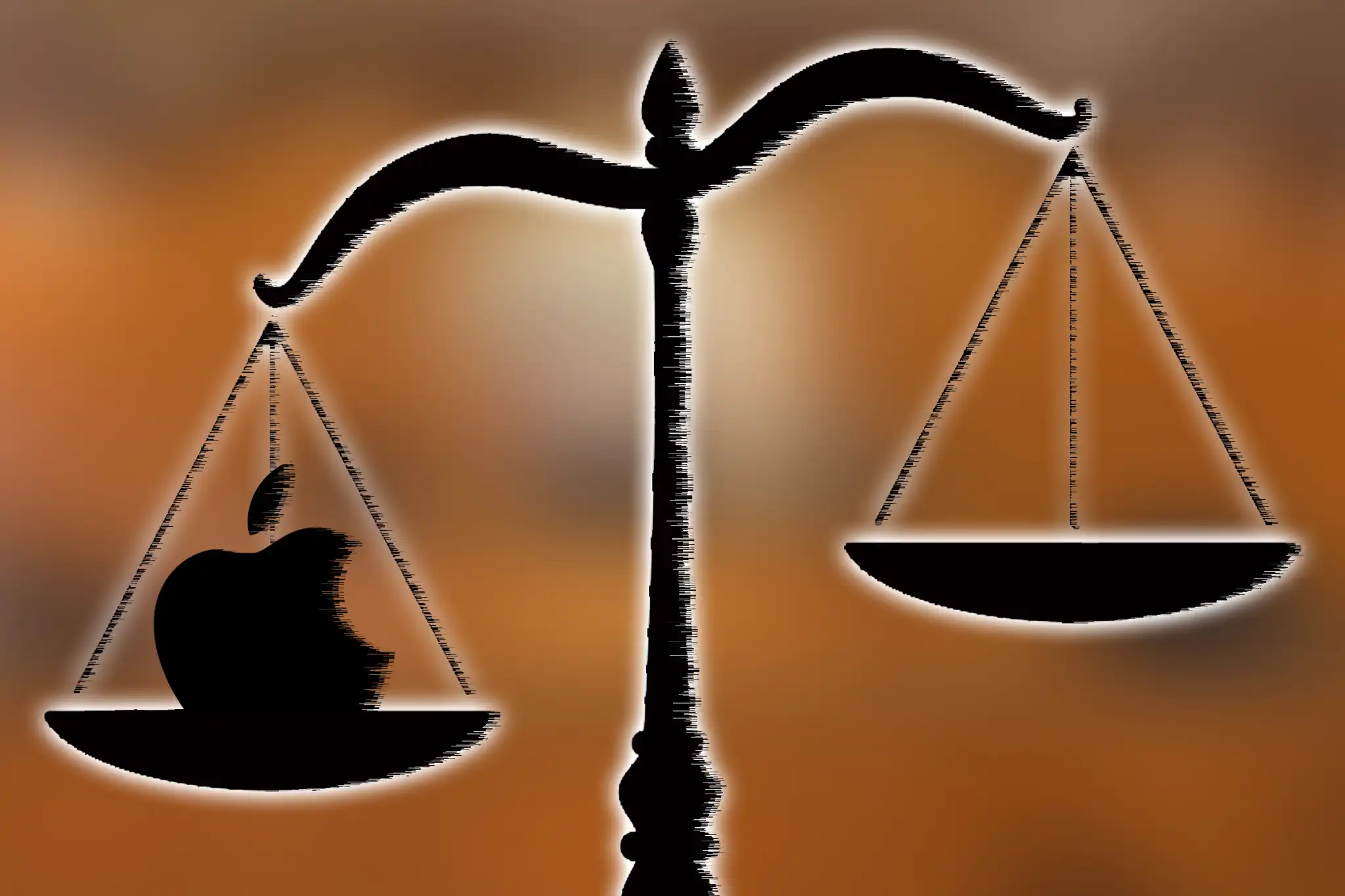The DOJ is joined by 16 state and district attorneys general in claiming that Apple has violated Section 2 of the Sherman Act.
The United States Department of Justice, joined by 16 state and district attorneys general, has filed a civil antitrust lawsuit against Apple for monopolization or attempted monopolization of smartphone markets in violation of Section 2 of the Sherman Act. You can read the full text of the filling here (PDF).
The government alleges that Apple used contractual restrictions and technological restrictions to limit developers in such a way that it is more difficult for them to compete with Apple’s own products and services, and more difficult for iPhone users to switch to Android.
“Apple undermines apps, products, and services that would otherwise make users less reliant on the iPhone, promote interoperability, and lower costs for consumers and developers. Apple exercises its monopoly power to extract more money from consumers, developers, content creators, artists, publishers, small businesses, and merchants, among others.”
U.S. Dept. of Justice
The suit also claims that “Unless Apple’s anticompetitive and exclusionary conduct is stopped, it will likely extend and entrench its iPhone monopoly to other markets and parts of the economy.”
It should be noted that the suit does not allege that Apple maintains a majority of the smartphone market and it is not about whether or not consumers can choose to buy smartphones other than the iPhone. Rather, the suit charges that Apple using its market strength to give an advantage to its own apps, services, and products over others. For example, forcing third-party smartwatch makers to use APIs that limit their access and capabilities compared to what Apple can do with its own Apple Watch, or making it impossible for third-party location trackers like Tile to work as well across devices as Apple’s own AirTags.




